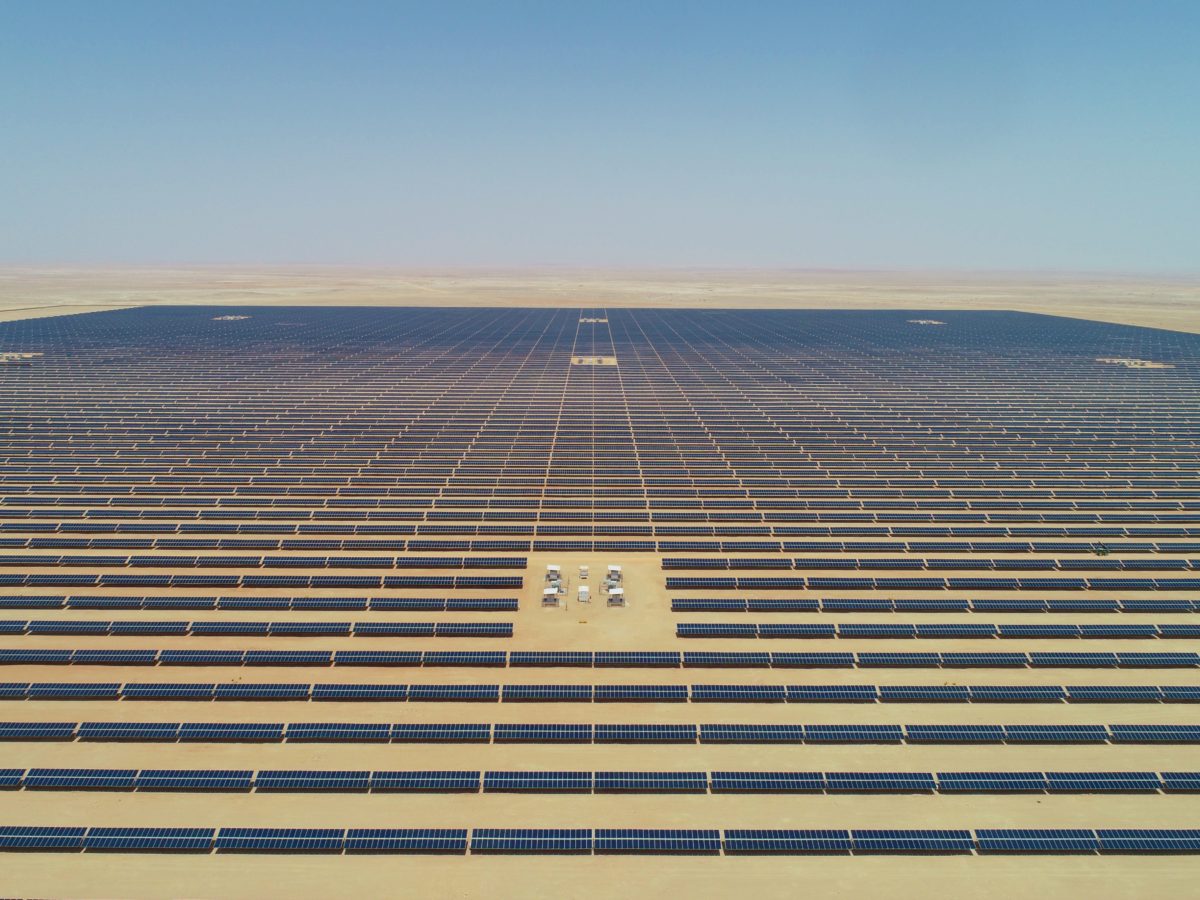The positive outcomes of recent Indian renewables auctions demonstrate the appetite of investors – foreign and domestic – to back clean energy infrastructure is unabated despite Covid-19 disruption, according to a briefing note issued by the U.S.-based Institute for Energy Economics and Financial Analysis (IEEFA).
Policy headwinds and a coronavirus-driven fall in electricity demand have affected the tendering and commissioning of renewables projects but Kashish Shah, a research analyst at IEEFA, said: “Despite these setbacks, renewables are proving resilient, with investment capital available for new projects with favorable risk-return profiles.”
New investments
The IEEFA statement says the seven renewable energy generation capacity and storage auctions held so far this year in India attracted $10-20 billion (INR73,480 crore-1.47 lakh crore), despite the pandemic.
The briefing note highlighted the 2 GW solar auction held by the Solar Energy Corporation of India (SECI) in June, which attracted a historic low solar electricity tariff of INR2.36/kWh ($0.032/kWh) with zero indexation for 25 years. That procurement exercise saw all the grid-connected capacity allocated for INR2.36-2.38/kWh and featured successful bidders from around the world, including Spanish developer Solarpack, Goldman Sachs-backed Renew Power, Italy’s Enel, French firm Eden Renewables, Ib Vogt Singapore, U.K. investor-backed Ayana Renewable Power and Canada’s AMP Energy.
Key drivers
IEEFA said the record-low solar tariffs achieved in the SECI auction reflected the 15% year-on-year deflation in solar module prices.
“Domestic and global investors are sitting up and taking notice of declining renewables prices plus the clear government policy alignment and ambition, and this is reflected in the very positive results of these recent auctions,” stated the briefing note.
Investors are still eager despite a worsening picture for already cash-strapped state utilities, with falling electricity demand exacerbating structural and financial issues in the sector. By July, state-owned electricity distribution companies owed INR1.17 lakh crore to power generators, creating a massive liquidity crunch.
“The discoms [utilities] are reluctant to sign even exceptionally low-cost new power purchase agreements (PPAs) when the demand has collapsed, and they are already locked into high capacity charges on legacy coal power supply agreements,” said Shah. “SECI has been struggling to sign PPAs with discoms for its already-auctioned 6 GW of renewable energy capacity.”
This content is protected by copyright and may not be reused. If you want to cooperate with us and would like to reuse some of our content, please contact: editors@pv-magazine.com.









By submitting this form you agree to pv magazine using your data for the purposes of publishing your comment.
Your personal data will only be disclosed or otherwise transmitted to third parties for the purposes of spam filtering or if this is necessary for technical maintenance of the website. Any other transfer to third parties will not take place unless this is justified on the basis of applicable data protection regulations or if pv magazine is legally obliged to do so.
You may revoke this consent at any time with effect for the future, in which case your personal data will be deleted immediately. Otherwise, your data will be deleted if pv magazine has processed your request or the purpose of data storage is fulfilled.
Further information on data privacy can be found in our Data Protection Policy.